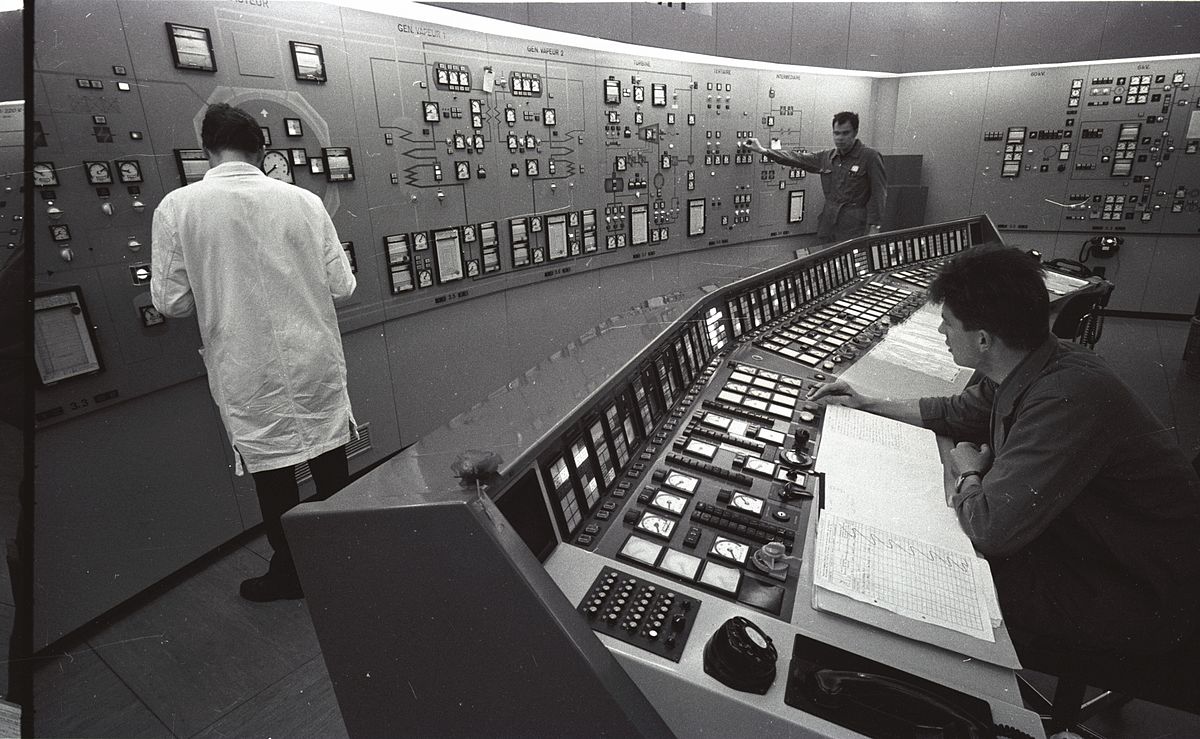The near disaster
The dream of Switzerland as a nuclear power was shattered 50 years ago. A look back at the reactor accident in the experimental reactor in Lucens (VD) and the beginnings of nuclear technology in Switzerland.

Nuclear power is a dangerous large-scale technology. Switzerland has experienced this firsthand: On January 21, 1969, a nuclear Experimental reactor in Lucens (VD) led to a core meltdown. Fortunately, the severe nuclear accident did not leave any permanent damage (Nuclear accidents worldwide). The Swiss Energy Foundation took the 50th anniversary as an opportunity to look back on the beginnings of nuclear energy in Switzerland. At the event itself, the physicist, chemist and novelist Peter Beutler read from his Thriller "The Lucens-GAU in front of him. Beutler describes facts and backgrounds from that time in an exciting way.
Switzerland in nuclear fever
The historian Michael Fischer then explained that military interests and the dream of an atomic bomb "made in Switzerland" had probably also provided the impetus to develop their own heavy water reactor during the Cold War. This would have supplied weapons-grade plutonium as a byproduct. In its Book "Atomic Feverwhich will be published by "Hier+Jetzt" on April 1, 2019, he traces this path in an analysis of historical sources.
Civilian and military motivations merge
Energy and nuclear policy consultant Mycle Schneider, who annually presents the World Nuclear Industry Status Report in his second presentation of the evening, drew a connection to the situation today: Worldwide, the construction and continued operation of aging nuclear power plants is becoming more and more expensive, while renewable energies are becoming cheaper and cheaper. Despite this, nuclear weapons states in particular are holding on to the technology. Schneider shows that a new civil-military alliance in various countries has become a driver for new construction and lifetime extensions of existing nuclear power plants - for example, when the "seat on the UN Security Council also depends on the continuation of the nuclear-powered submarine program."
Implementing the nuclear phase-out
The implementation of Switzerland's nuclear phase-out will begin this year, with a first nuclear power plant going off the grid. The Mühleberg nuclear power plant, which will soon be 50 years old, is scheduled to be decommissioned on December 20, 2019. After that, decommissioning will keep BKW, as the operator, busy for years to come (more on the decommissioning of the Mühleberg nuclear power plant here).









